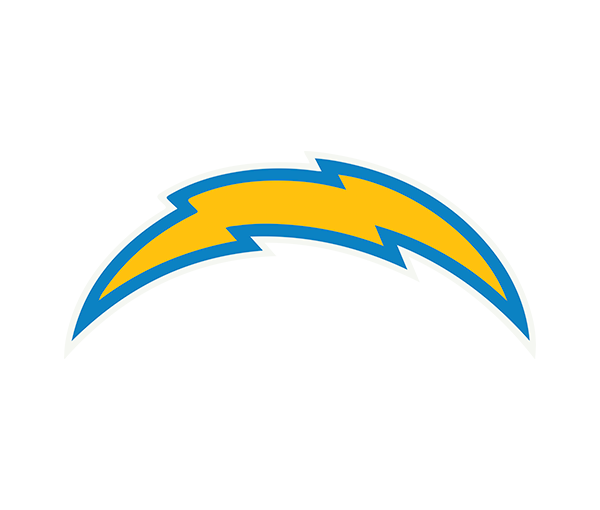Safety Features
BE EXPLOSIVE, NOT INJURED
Injury Preventative Grip
The custom handle design allows the athletes to mimic explosive movements, such as the tire flip, with a palms down (pronated) grip instead of a palms up (supinated) grip.
Adjustable Weight
Multiple weight pins allow athletes to follow the progressive overload theory. Train with the appropriate weight and become stronger by naturally adapting.
More Predictable Tracking
Due to a tires circular shape, tires bounce/roll unpredictably and can cause collateral injury to bystanders. The square rubber on the FlipSled lands and moves in a predictable way thereby minimizing the risk of injury to surrounding athletes.
Fire Code Alignment
Although tires do not ignite readily, if subjected to fire conditions they can burn rapidly emitting intense heat and large quantities of toxic smoke and are difficult to extinguish. You can confidently store multiple FlipSleds together without being concerned about violating fire code.
Spotting Handles
Spotters increase confidence, and muscle development, and decrease the risk of injury. The custom handles on this sled allow for the spotting of an athlete and are a great safety benefit regardless of skill level.
Eliminate Unnecessary Cuts & Bruises
Don't get torn up from tread or tire wire. Focus on training, not nursing avoidable wounds.
100%
Predictable Movement
Designed for stable, controlled flips, the FlipSled eliminates the unpredictable bounces and rolls of traditional tires, ensuring 100% consistent movement paths.
2X
SPOTTING HANDLES
Equipped with spotting handles, the FlipSled doubles athlete safety by allowing trainers and teammates to assist with exercises at any skill level.
0 & 0
0 Cuts, 0 Bruises
Say goodbye to traditional tire scrapes—FlipSled’s smooth edges and protective design ensure zero abrasions, so athletes can focus on power, not pain.
TIRED OF INJURED PLAYERS?
The FlipSled is low risk. As one of the pillars of FlipSled, it's low risk compared to a majority of other equipment that you're currently using. See why coaches are turning to us for trusted low risk equipment.
.jpg?width=4240&height=2832&name=DSC01143%20(3).jpg)






















.png?width=2004&height=239&name=FlipSled%20Logo%20HRZ%20WHITE%20(1).png)
